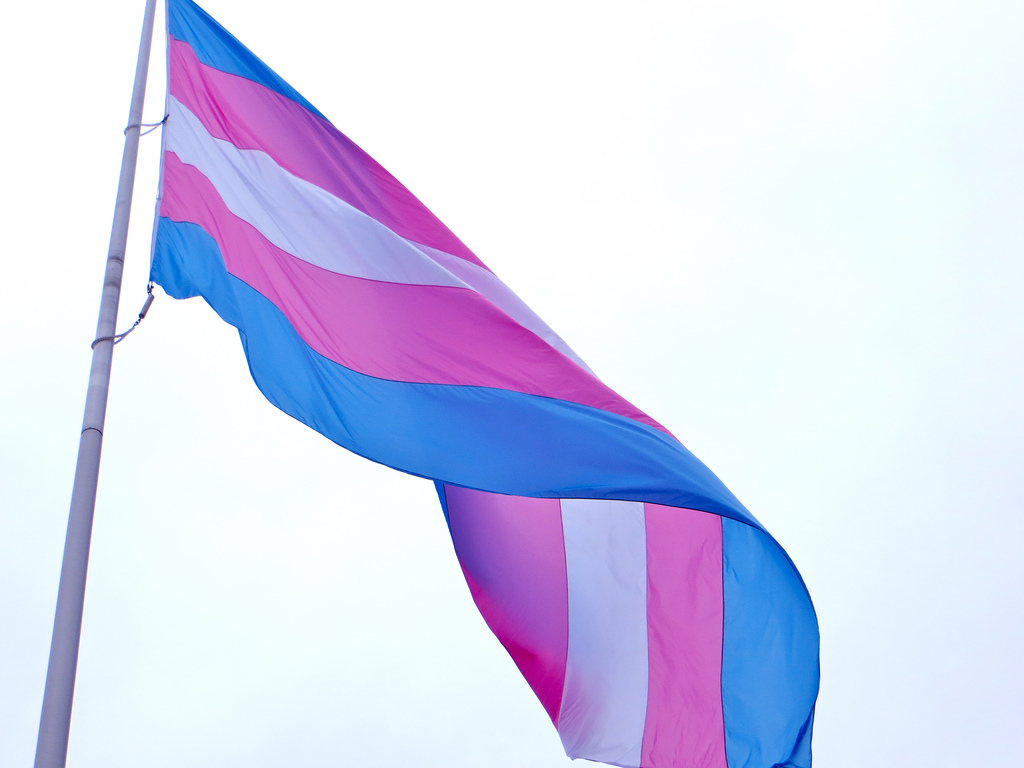The landscape on health care access for transgender Americans seemingly shifts by the day. Here’s a summary of the most recent movement in state legislatures and the courts:
On Tuesday, May 21, South Carolina Governor Henry McMaster signed into law one of the most extreme anti-transgender laws in the nation. H. 4624 bans health care for transgender youth under 18. Alarmingly, it also imposes severe restrictions on access to health care for transgender adults under major insurance plans and health care providers who receive public funds.
“Anti-transgender extremists claimed that their surge of attacks against basic access to health care were in the interest of protecting children,” said GLAAD President and CEO, Sarah Kate Ellis. “With South Carolina’s discriminatory expansion of restrictions into transgender adults’ personal health care, it’s clearer than ever that the goal is to eradicate the ability of transgender people to live and thrive in any aspect of their lives.”
View this post on Instagram
South Carolina’s new law also goes against this so-called “protect children” motivation, with additional threats to the safety of transgender, nonbinary, and gender nonconforming students. The law encourages school officials to disclose authentic names or pronouns to parents without the students’ permission, which could endanger students from unaffirming homes. At least 40% of homeless youth are LGBTQ, many forced out of their homes when they came out or were outed.
The law goes into effect immediately, making South Carolina exactly the 25th state to pass a ban on health care for transgender Americans since the legislative attacks first began in 2021. Health care for transgender people and youth is supported by every major medical association and leading world health authority. Statements from 30+ organizations, here.

Chase Glenn (he/him), a leader in the SC United for Justice & Equality coalition and the Executive Director of Alliance for Full Acceptance, said, “Across the state, from the Lowcountry to the Upstate, South Carolinians are mourning the passage of H.4624, which will make it immeasurably harder for transgender youth and many adults to access the life-saving healthcare that they need and deserve. But let me be clear: This loss does not crumble a movement. Our movement supporting transgender people in South Carolina is louder and stronger than it’s ever been. We’ve marched at the State House, we’ve told our stories, and we’ve made sure our lawmakers heard from us. Now, we will do everything in our power to support our community through this crisis.”
This past week in Ohio, the doubly discriminatory HB 68, which bans transgender youth from medically-necessary health care and from school sports, remains on hold. The Supreme Court of Ohio rejected a request by the state to narrow a temporary restraining order against Ohio’s health care ban for trans youth. The legal challenge moves ahead and a trial is set for July 15th. The ACLU of Ohio filed the challenge, noting the bill violates four sections of the Ohio Constitution, including the “single-subject rule” requiring that bills not encompass more than one area of restrictions.

“The state’s request was egregious,” ACLU of Ohio’s legal director, Freda Levenson, told Ohio Capital Journal. “The scope of the temporary restraining order was necessary and appropriate to prevent the constitutional violations and other irreparable harm that would immediately occur if HB 68 were permitted to take effect. Our legal battle will continue until this cruel restriction is permanently overturned.”
Multiple federal courts have struck down health care bans as unconstitutional or barred them from enforcement as legal proceedings take place. At least seven rulings have blocked bans from Arkansas to Florida to Ohio and Montana; and include rulings by three Trump-nominated justices.
At the end of April, a ruling by the full 4th Circuit Court of Appeals — which covers Virginia, West Virginia, North Carolina, South Carolina, and Maryland — noted multiple areas of discrimination:
- bans on health care for transgender people under Medicaid and state-based plans are unconstitutional;
- transgender people are a protected class;
- categorical exclusions constitute discrimination based on sex.
The ruling dealt a blow to state bans that had passed in West Virginia and North Carolina.
The U.S. Supreme Court weighed in on the question of transgender health care for the first time only last month when it granted a temporary partial stay on Idaho’s ban on medically necessary health care for transgender youth. The Court’s order didn’t address the constitutionality of such bans, but it may have the opportunity to do so soon.
In addition to movement in the 4th Circuit, attorneys working for LGBTQ rights in the 6th Circuit Court of Appeals — covering Kentucky, Ohio, Michigan, and Tennessee — are asking the high court to take up the question of whether Tennessee’s ban on transgender health care is unconstitutional.
On a closely related topic, the 4th Circuit issued yet another ruling earlier this year in favor of transgender Americans, stating that a West Virginia policy preventing transgender youth from participating on school sports teams is a violation of Title IX, which ensures equal opportunity in education. This marks the first time a federal court has struck down a ban on transgender sports participation, setting a positive precedent for other states with sports bans. As the appeal process continues, the Supreme Court may opt to hear this case as well.
Of more than 500 anti-LGBTQ bills introduced this session, more than 200 have been defeated, while approximately two dozen have been signed into law. Current Gallup polling indicates record-high support for nondiscrimination protections for LGBTQ people (84%). More than 7% of U.S. adults are out as LGBTQ, including 20% of Gen Z, the most out generation in history. A projected 14% of voters will be out as LGBTQ by 2030.














